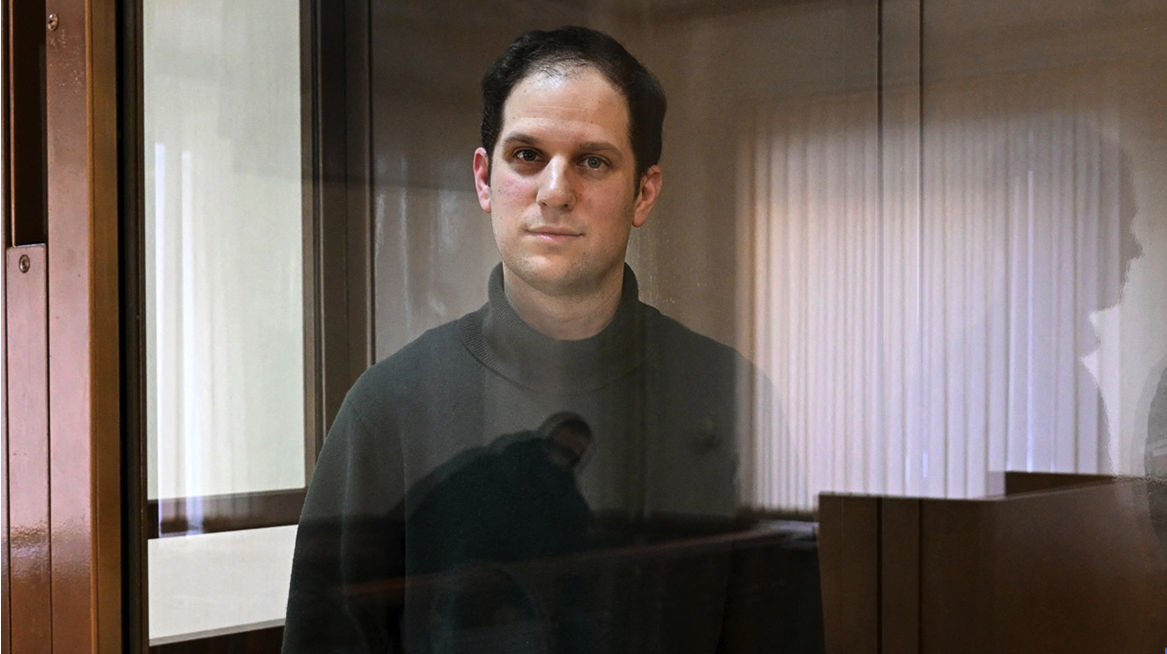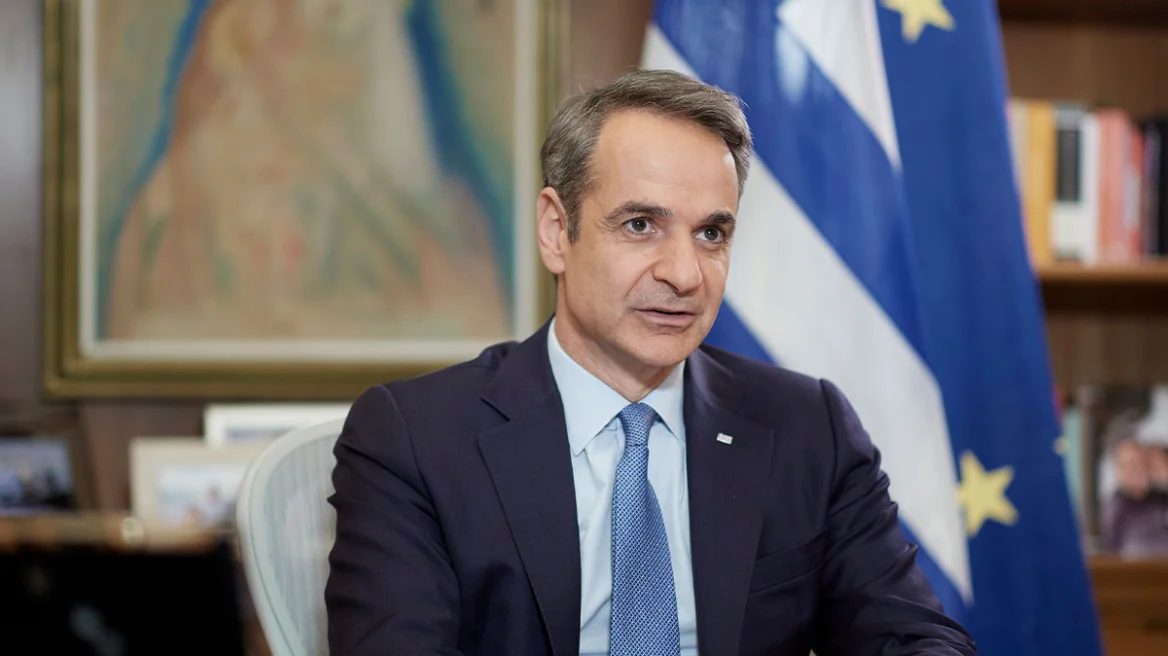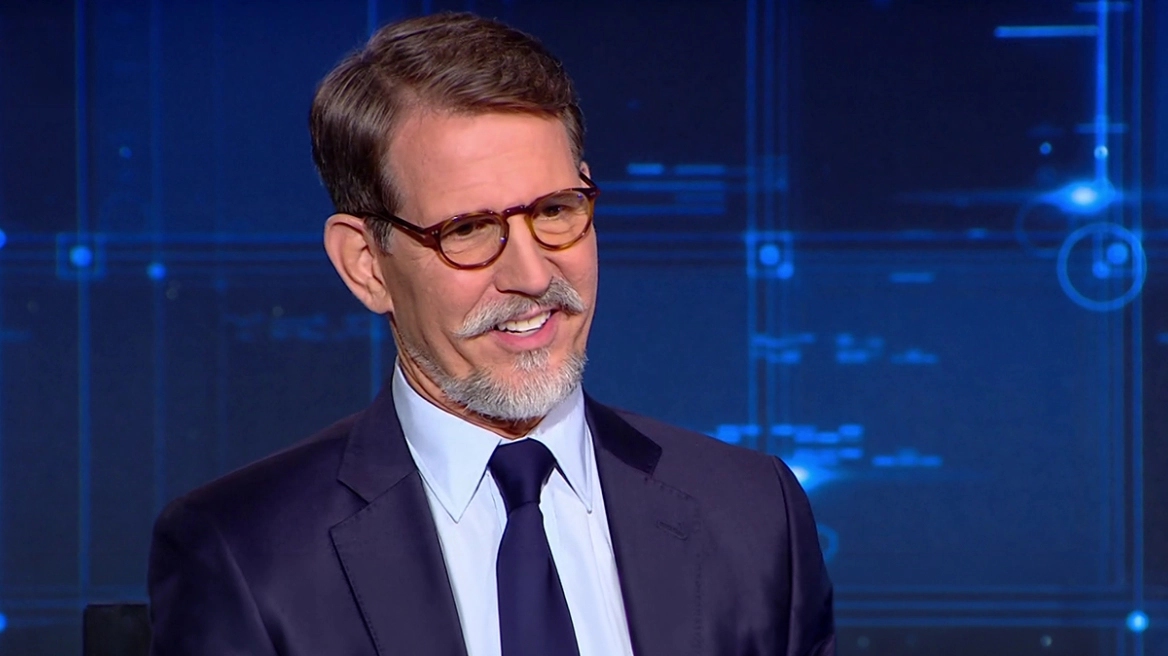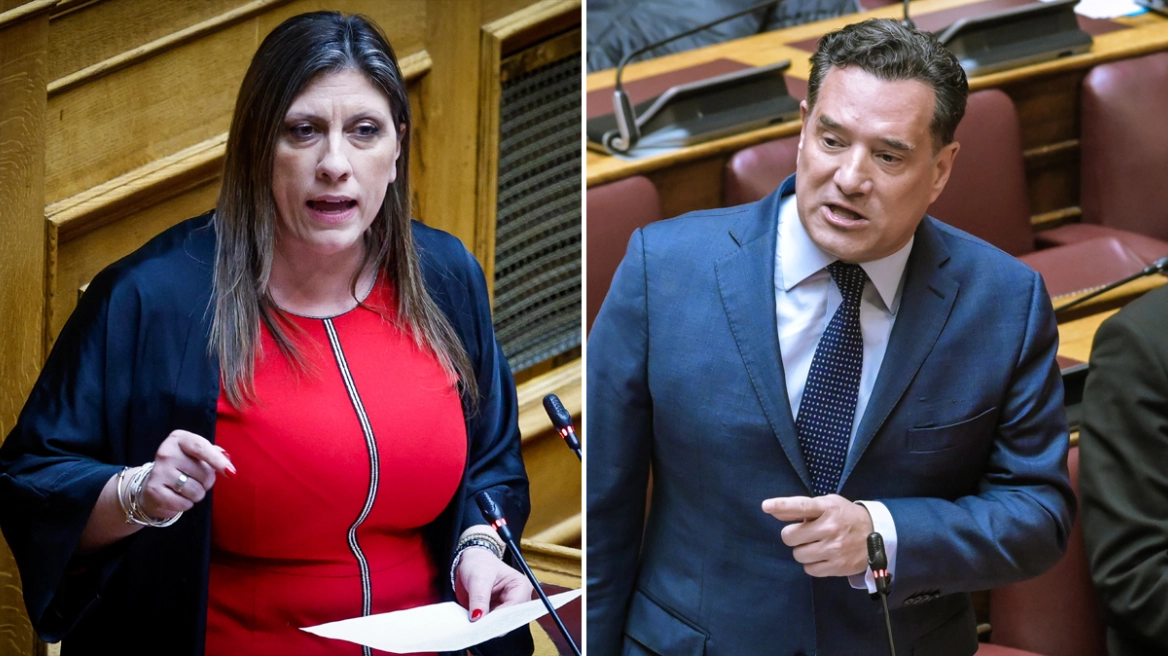Even after the end of the Cold War, Russia and the US continued to find points of confrontation and friction, small perhaps compared to what had previously separated them, but still symbolic.
One of these was the Russian authorities’ suspicion of American journalists and their reporting. Just as was the case with Evan Gershkovich, a Wall Street Journal journalist, who has been detained for a year on espionage charges.
The 32-year-old Gerskovic was arrested in Yekaterinburg, some 1 600 kilometres east of Moscow, which he was visiting for reporting.
According to the Russian authorities, he was caught red-handed possessing material containing classified information. He was the first American journalist to be arrested by Russia since the end of the Cold War.
Judging by other cases of American prisoners in Russia, Gershowitz may spend some time in Russian prisons. It will not be easy to prove that what he is accused of is not true – because the Russian system is distrustful and because the charge is heavy and acquittals are rare.
‘Paper’ in Putin’s hands
“I’d like to go to his house one day, I honestly say.” The words belong to Vladimir Putin, he said them last week. Can anyone believe them?
It is a common belief that Moscow is holding the journalist as a bargaining chip to extract quid pro quo from the US.
Today the journalist is being held in the Lefortovo prison in Moscow, where already in the time of the Tsars dissidents and political prisoners were held, and in Stalin’s time torture and executions were a daily occurrence. Gerskovich’s sentence could even reach 20 years in prison.
He has appeared many times in courts – sometimes there are cameras in the proceedings, not necessarily journalists.
Moscow, as the BBC notes, has hinted that it is asking for something in return for Gerskovic’s release. That appears to be an agent of the FSB, the agency that succeeded the KGB, Vadim Krasikov, who has been sentenced in Germany to life in prison for murder.
“It’s pretty clear that the Russian authorities picked him to trade him,” believes Emma Tucker, editorial director of the WSJ, explaining that it’s an example of hostage diplomacy, though “there’s nothing diplomatic about what’s going on.”
“Evan is a hostage, a bargaining chip,” says Tucker.
She adds that Russia is “rounding up” Americans in prisons to be exchanged later: Gershkovich, former Marine Paul Whelan, and also journalist Alsou Kurmaseva, who was arrested when she went to Russia to see her sick mother but was eventually charged with spreading false information.
That’s because Moscow knows Washington is ready to go along with the logic of exchanges, as happened with basketball player Brittany Griner who was arrested for possession of cannabis oil and exchanged for an arms dealer.
Hair-loss treatment found in cinnamon
President Biden understands that he has fallen into the exchange trap.
Washington will make Moscow pay the price for its “repugnant attempts” to use Americans as bargaining chips, he said Friday. “As I have told Evan’s parents, I will not give up hope. We will continue to work every day to secure his release,” the US president said.
The Kremlin recommends – and the US – discretion. Nothing should be made public when it comes to discussions about possible prisoner exchanges, as in the case of Gerskovic, it said Thursday, acknowledging that contacts are taking place.
Ask me anything
Explore related questions





